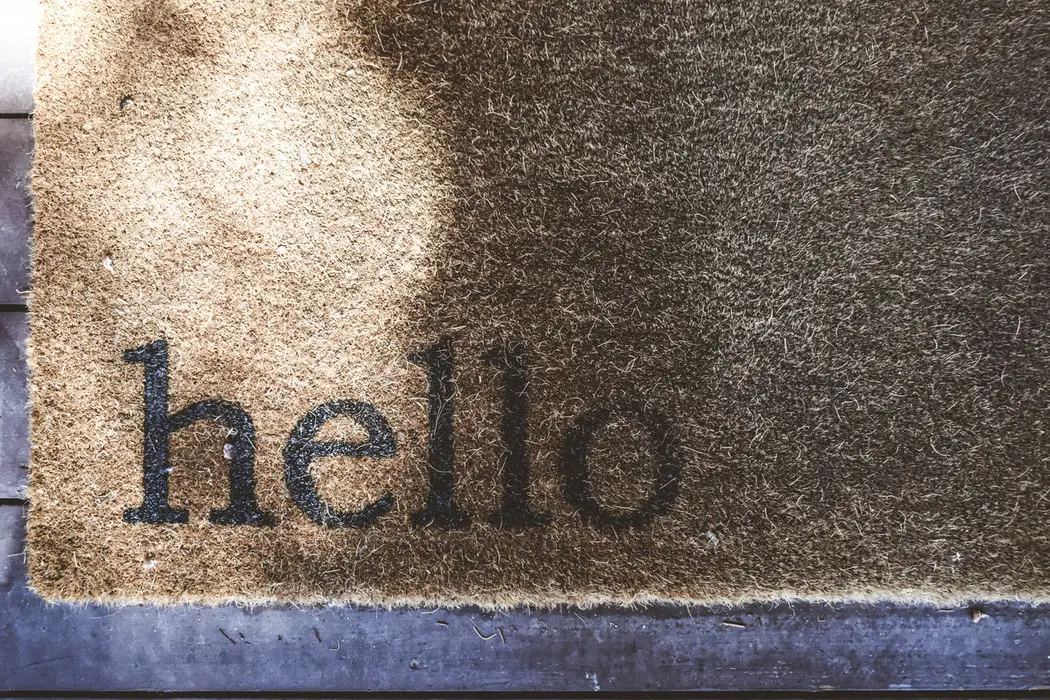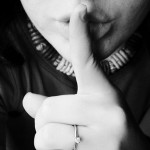There has been a lot of discussion online over the last few weeks in relation to Government guidance for members of the public who are shielding.
The guidance had been slightly relaxed at the beginning of June, when the Government suggested those shielding could spend some time outdoors away from their homes once a day.
From next Monday (6th July), the advice for those shielding will be changing. News OnTheWight sets out below how those changes will affect those who are currently shielding.
Further easing of the guidance
The Government say the latest scientific evidence shows that the prevalence of Covid-19 across the country has continued to decline. If this trend continues, as they expect it to, they say they will further relax the shielding advice in two stages on 6th July and 1st August.
From 6th July those shielding:
- you may, if you wish, meet in a group of up to 6 people outdoors, including people from different households, while maintaining strict social distancing;
- you no longer need to observe social distancing with other members of your household;
- in line with the wider guidance for single adult households (either an adult living alone or with dependent children under 18) in the general population, you may from this date, if you wish, also form a ‘support bubble’ with one other household. All those in a support bubble will be able to spend time together inside each other’s homes, including overnight, without needing to socially distance. This is a small advisory change that brings those affected a step nearer others in their communities. However, all the other current shielding advice will remain unchanged at this time.
A pause on shielding
From 1st August the advice to ‘shield’ will be paused.
From this date, the Government is advising you to adopt strict social distancing rather than full shielding measures. Strict social distancing means you may wish to go out to more places and see more people, but you should take particular care to minimise contact with others outside your household or support bubble.
This means that from 1st August:
- you can go to work, if you cannot work from home, as long as the business is Covid-safe;
- children who are clinically extremely vulnerable can return to their education settings if they are eligible and in line with their peers. Where possible children should practise frequent hand washing and social distancing;
- you can go outside to buy food, to places of worship and for exercise but you should maintain strict social distancing; and
- you should remain cautious as you are still at risk of severe illness if you catch Coronavirus, so the advice is to stay at home where possible and, if you do go out, follow strict social distancing.
More detailed guidance will appear on the Government Website when the changes come into effect on 6th July and 1st August.
Your name will continue to be kept on the Shielded Patient List from 1st August and if the virus spreads too much, you may be advised to shield again.
Support to stay at home
If you are in receipt of Government provided food boxes and medicine deliveries, you will continue to receive this support until the end of July.
This will give you time to prepare for new advice that you can visit shops, including supermarkets, as you did before the shielding programme commenced, provided you follow strict social distancing.
If you have yet to register for support, please do so online at gov.uk or call 0800 028 8327 before 17th July so that support can reach you in time.
Returning to work
You should discuss your situation with your employer and agree a plan for returning to work if you cannot work from home.
Your employer may need to make adjustments to help you continue to work. Please see the Website for more information.
NHS volunteer responders
Support will continue to be available through the NHS Volunteer Responder Scheme beyond the end of July. NHS Volunteer Responders can support you with:
- collecting shopping, medication (if your friends and family cannot collect them for you) or other essential supplies;
- a regular, friendly phone call which can be provided by different volunteers each time or by someone who is also shielding and will stay in contact for several weeks; and
- transport to medical appointments.
Please call 0808 196 3646 between 8am and 8pm to arrange support or speak to your health care professional for transport support. More information is available on the Website.
Accessing NHS services
You should continue to access the essential services that you need, and you should contact the NHS if you have an urgent or emergency care need.
If you have ongoing appointments scheduled for care and treatment your GP surgery or hospital clinic will contact you to confirm the most appropriate arrangements.
Mental health support
It is normal during these uncertain and unusual times to feel anxious or feel low.
You can go to Every Mind Matters for advice and tailored, practical steps that you can take to support your wellbeing.
If you are still struggling to cope we would urge you to speak to a GP.
Symptoms of Coronavirus
If you have any of the symptoms of Covid-19 (a new continuous cough, a high temperature, or a loss of, or change in, your sense of taste or smell), you must self-isolate at home and arrange to have a test to see if you have Covid-19 – go to the NHS Website to arrange a test or contact NHS 119 via telephone.
Image: Corryne Wooten under CC BY 2.0





